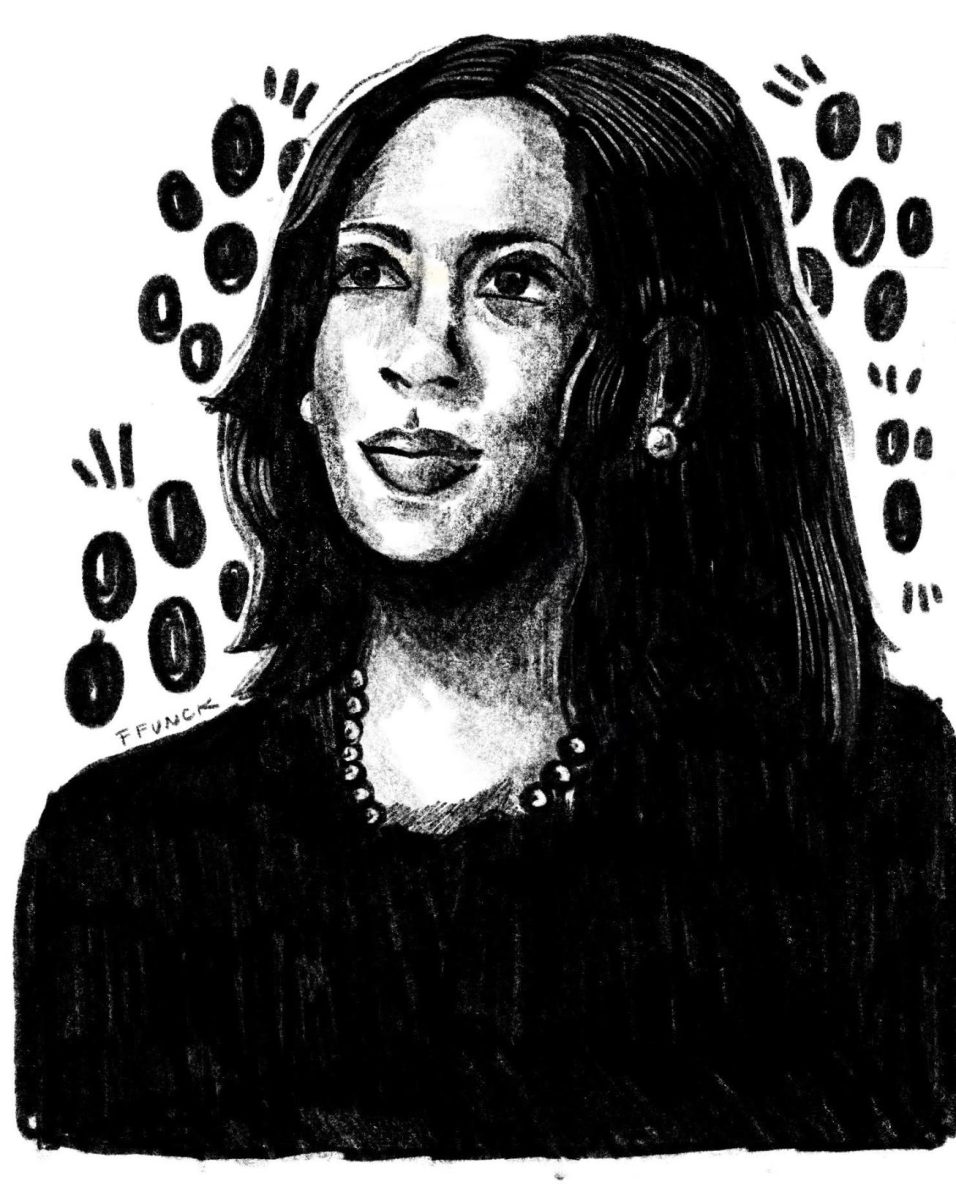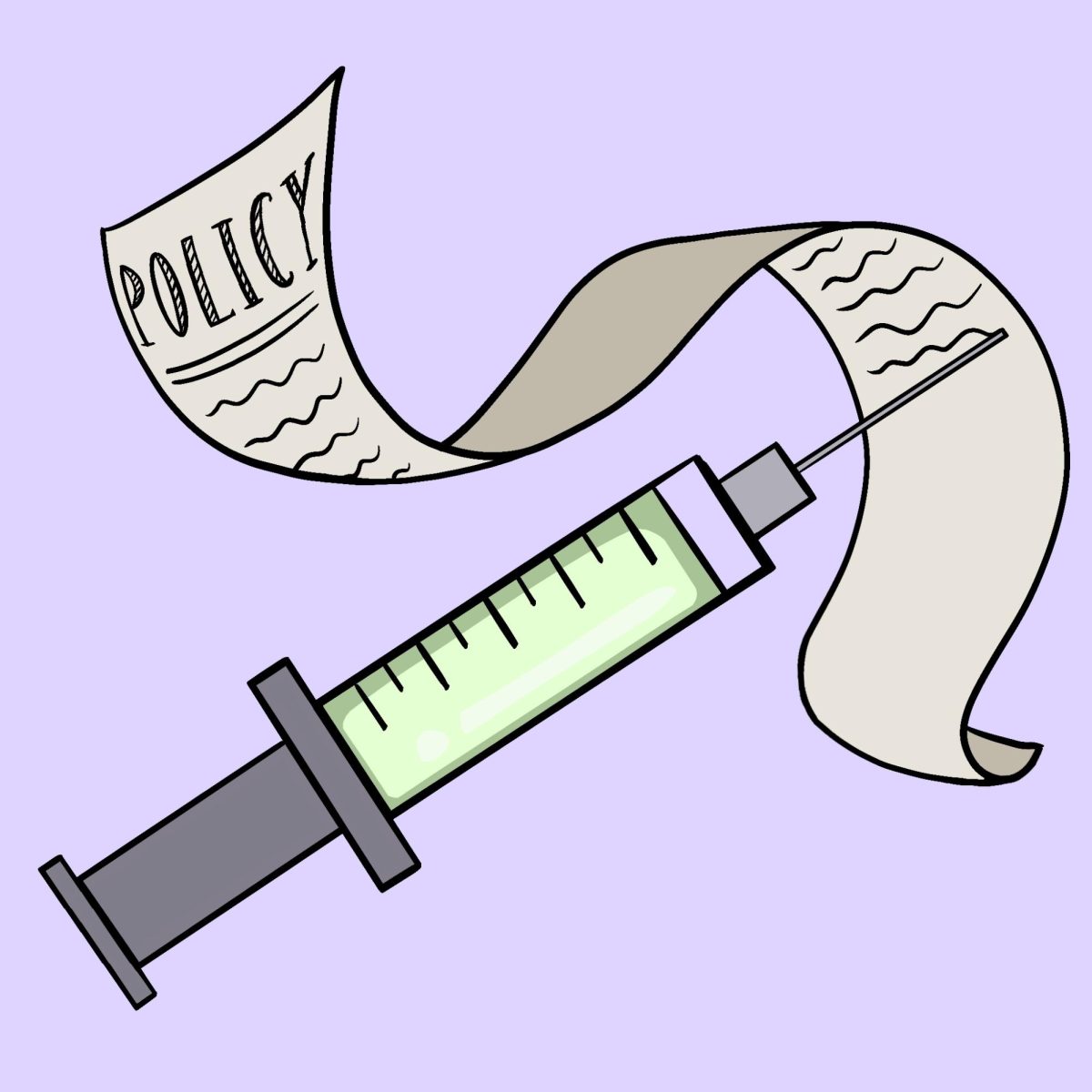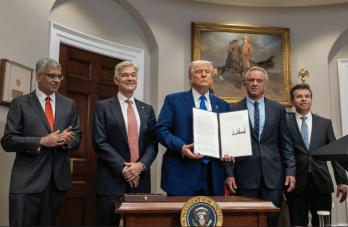When President Joe Biden announced that he would not seek reelection in the 2024 presidential race, Vice President Kamala Harris emerged as a key contender for the Democratic nomination. However, while many know her as the first female Vice President, as well as the first of Black American and South Asian American descent, fewer are familiar with the full arc of her political career.
Born in Oakland, California to parents invested in the civil rights movement, Harris studied political science and economics at Howard University, graduating in 1986 and earning a law degree from Hastings College of Law in 1989. Afterwards, Harris worked as Deputy District Attorney of Oakland from 1990-1998, earning a reputation for her justice as she prosecuted cases of gang violence, drug trafficking, and sexual abuse. In 2004, Harris became District Attorney; in 2010, she was elected Attorney General of California, where she played a pivotal role in overturning Proposition 8, a ban on same sex marriage in California, thoroughly cementing her commitment to civil rights.
Over time, Harris became a prominent political figure, working through California’s political system. In 2012, she delivered a riveting address at the Democratic National Convention, backing former President Obama, stating that there was a “choice” in this specific election. In her own words, “a choice between an America where opportunity is open to everyone, where everyone plays by the same set of rules or a philosophy that tilts the playing field to help the wealthiest few.” She continued, “I’ll tell you whom the American dream belongs to. It belongs to the student in Sacramento who doesn’t have much money but who goes to bed each night dreaming big dreams. It belongs to the men and women across this country who know it shouldn’t be against the law to marry the person you love. It belongs to the immigrants, young and old, who come to this country in search of a better life. The American dream belongs to all of us.”
A rising star after the convention, Harris ran for a seat in the U.S. Senate, declaring her candidacy in 2015 and vigorously promoting immigration reform, criminal justice reform, and the protection of women’s reproductive rights.
After a decisive victory, Harris took office in 2017, joining the Congressional Black Caucus and the Congressional Asian Pacific American Caucus, focusing on issues important to Black and Asian American communities. She also served on the Select Committee on Intelligence, which oversees national security and intelligence matters, and the Judiciary Committee, which handles legal and constitutional issues. Furthermore, Harris stayed true to her promises during her time in the Senate. When former President Donald Trump nominated Brett Kavanaugh for Associate Justice of the United States Supreme Court in 2018, Harris pressed him on his stance regarding Roe v. Wade during the hearing.
Following this, Harris announced her bid for the Democratic presidential nomination in 2020. She was initially seen as a leading contender after a primary debate with President Joe Biden, where she clashed with him on issues such as school busing and desegregation. President Biden had previously worked with segregationist senators such as James O. Eastland of Mississippi and Herman E. Talmadge of Georgia to oppose busing mandated by the Department of Education, which would have effectively halted the integration of racial balance in American schools. However, Harris’ campaign later struggled due to criticism and a lack of proper campaign management, leading to a withdrawal from the race in September 2019. Despite this, she remained an outspoken figure, notably being involved in the fight for social justice and police reform following the death of George Floyd in May 2020. In August 2020, President Biden selected her as his running mate, particularly for her experience in government, her position as an advocate for equity, and her age. At that time, Harris was 55 years of age and represented the younger generation of voters, to whom President Biden wanted to appeal.
After Biden’s victory in the 2020 election, Harris was tasked with approaching the central causes of increased migration from Latin America to the US southern border and preserving women’s access to abortion, which began to be significantly restricted following the 2022 Supreme Court ruling in the Dobbs v. Jackson Women’s Health Organization hearing. Regardless, Harris has spearheaded efforts to keep abortion rights at the forefront; in March 2024, she toured a Planned Parenthood clinic in Minnesota that provides abortion services, which the White House said was the first time in US history that a president or vice president has visited a clinic that offers abortion services. Nevertheless, while Harris was relatively active in safeguarding women’s healthcare, she is still attempting to address immigration. The Week noted that “it took her months to make her first and only visit to the [US-Mexico Border], and the delay elicited backlash from lawmakers on both sides.” In response, Harris launched the “Central America Forward initiative” with the Partnership for Central America, focusing on fair governance and labor rights to address the root causes of migration. So far, CNN reports that this initiative has “yielded more than $4.2 billion in private sector commitments” to support creating local jobs to slow the flow of mass migration.
Following President Biden’s withdrawal from the race in July, Britannica stated that Harris had “secured her presidential nomination with 99 percent of the votes of participating delegates” and that “her nomination was then officially certified by the Democratic National Committee” on August 6. On that same day, Harris announced that she had selected Tim Walz, the Democratic Governor of Minnesota, as her vice presidential running mate.
One of the most pressing issues Harris now faces is addressing the current economic climate. Voters have previously been unimpressed with President Biden for mishandling record-high inflation. In her campaign for the presidency, Harris wants to counter this by calling for the first ever federal ban on price gouging, which would penalize companies that unfairly exploit consumers for excessive profits on food and groceries.
Harris must also tackle many foreign policy issues, such as the Israel-Hamas war, which is the most demanding matter at the moment. She has echoed President Biden’s comments about the “ironclad support” and “unwavering commitment” to Israel, emphasizing the need to secure the release of Israeli hostages from Hamas captivity. However, Harris has been more active than President Biden in expressing empathy for the Palestinian suffering in Gaza and calling for a ceasefire deal. Furthermore, Harris is fully committed to supporting Ukraine in its war against Russian aggression. CNN has noted that she has “met with Ukrainian President Volodymyr Zelensky at least six times.” Harris herself has stated that she “will make clear President Joe Biden and I stand with Ukraine. […] We will work to secure critical weapons and resources that Ukraine so badly needs. And let me be clear: the failure to do so would be a gift to Vladimir Putin.”
As we approach Election Day, all eyes will be on Harris’ debate performance, which could prove pivotal in shaping the next phase of her candidacy bid. Despite the anticipation, Harris has only participated in one CNN interview with her vice-presidential running mate, Walz, on August 31st and has not held a news conference since President Biden endorsed her for president. For now, we can only speculate on how her experience and campaign will play out nationally.
This article also appears in our September 2024 edition.








